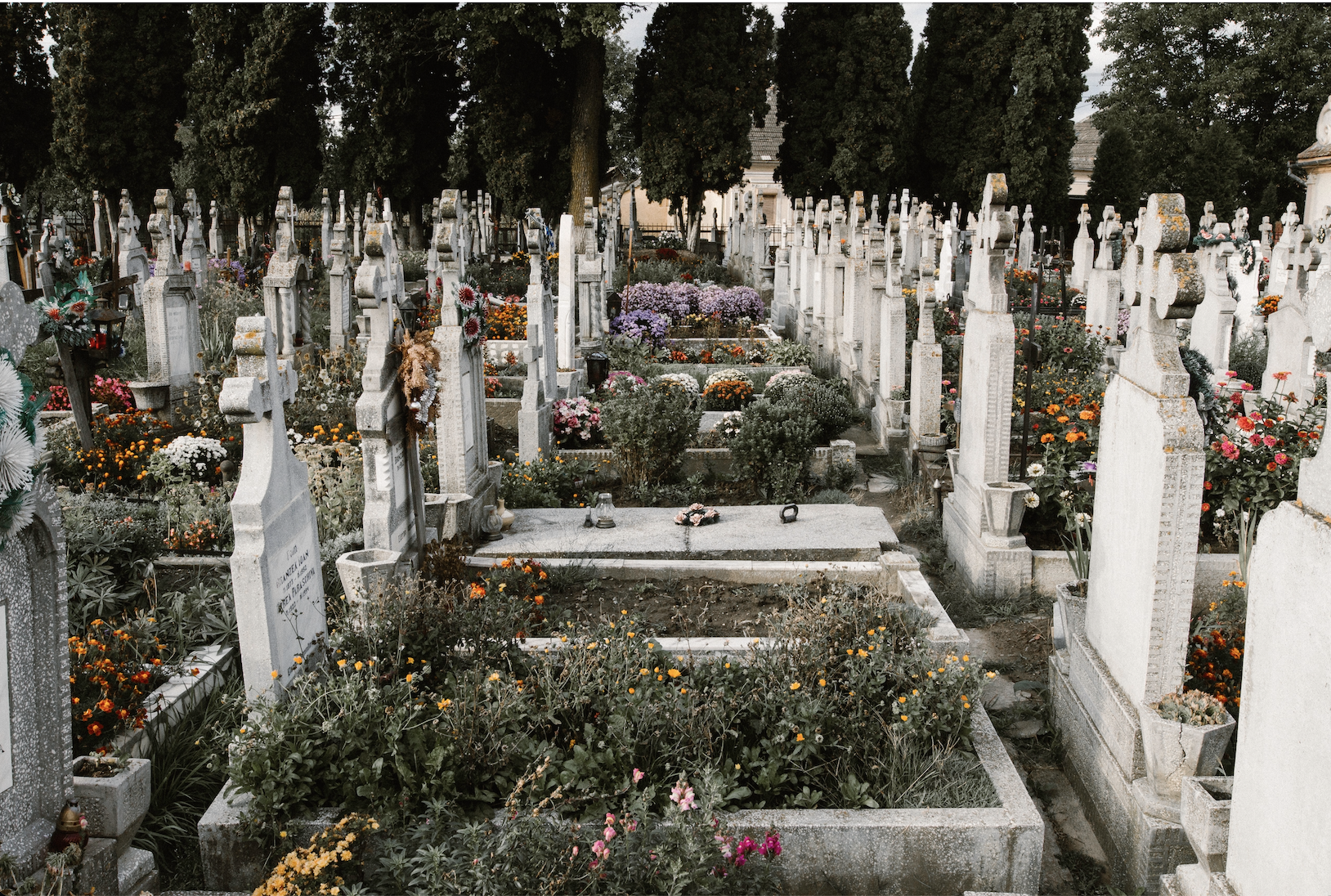
A slow walk through a graveyard, the disheveled man wearing the only clothes he owns, an upstanding woman holding flowers to her chest and clothed in beauty.
An odd meeting, to be sure. Readers of Marilynne Robinson’s novel Jack observe this scene with uncertain curiosity. Jack and Della are simply a white man and a black woman who become friends while in a graveyard.
Simple enough, or so it seems.
Jack is the prodigal son of a preacher in the small Midwestern town of Gilead, named after another preacher in Gilead, Della is the upstanding daughter of a black preacher in Memphis.
Their walk through the graveyard is the beginning of their love story. A troubled man and honest woman, we’ve all heard the story before, maybe even lived it.
Everything about Jack is wrong for Della, and he knows it. He says of himself:
I’m a gifted thief. I lie fluently, often for no reason. I’m a bad but confirmed drunk. I have no talent for friendship. What talents I do have I make no use of. I am aware instantly and almost obsessively of anything fragile, with the thought that I must and will break it. This has been true of me my whole life. I isolate myself as a way of limiting the harm I can do.
Jack’s entire life is moment after moment, day after day, year after year, enveloped in guilt. He does not seek to change his life or improve because he assumes there is no point.
When Della graces Jack with her presence and ultimately her love, he is tethered to this grace.
Time and time again, Jack seeks opportunities to remove himself from Della’s life, not because he doesn’t love her, but because he did. Della is steadfast, unmoved, loyal to the bitter end. She had every right to look this guilty mess in the eyes and say goodbye. What did Jack ever do for her, after all? With every hardship, every time she could leave and no one would blame her, she stood by his side.
Della’s grace is an unworthy companion to Jack’s guilt. They should not be together.
But this meeting of grace and guilt has another, even more complex problem.
Their love is illegal.
Della and Jack’s walk through the graveyard testifies to the end result of their love in mid-century Missouri. If their love survived, their status and honor, maybe even their lives, would be buried six-feet under without hesitation.
Even still, Della doesn’t flinch. Jack believes himself honorable when he tries to leave Della – he does not want to ruin her life. Still, she extends her hand and does not move. She will not move.
It is in her immovability, her commitment to Jack, her compassion for his sorrows, her decision to marry him even if it kills her, that Della looks familiar to us. Jack can see it too.
The inward privilege of belief that a kindly intent had not forsaken him, and would not. It could not be altogether different if the presence were Jesus.
Here is where we can see ourselves. A life of guilt, unable to do right, worthy of rejection and loneliness. As we stagger through a graveyard, one we trapped ourselves inside, searching for nothing but in need of everything, grace finds us.
If grace gives a kind word or a gentle smile, we would certainly be smitten. But if grace did something more, something unheard of, we would certainly be in love.
Grace gave up everything. Status, honor, and life itself. All for a marriage we didn’t want in the first place, but one we desperately needed. If it weren’t for grace, the graveyard would be our forever home. Instead, by the love and loyalty of another, we are joined with grace and our guilt is gone.
Guilt and grace met together in the phrase despite all that. He could think of himself as a thief sneaking off with an inestimable wealth of meaning and trust, all of it offended and damaged beyond use, except to remind him of the nature of the crime. Or he would consider the sweet marriage that made her a conspirator with him in it, the loyalty that always restored them both, just like grace.
Enter to Win the Puritan Paperbacks This July!

Charles Spurgeon once said, “By all means read the Puritans, they are worth more than all the modern stuff put together.”
The Puritans offer their readers a comprehensive, gospel-centered view of the Christian life where all of Christ matters for all of life. In recent years, Banner of Truth has published a 49-volume set called the Puritan Paperbacks where Christians today can glean from the Puritans of the past.
During the month of July, we’re giving away the entire 49-volume Puritan Paperback series for free to one providentially favored participant who enters. Enter today for your chance to win!

